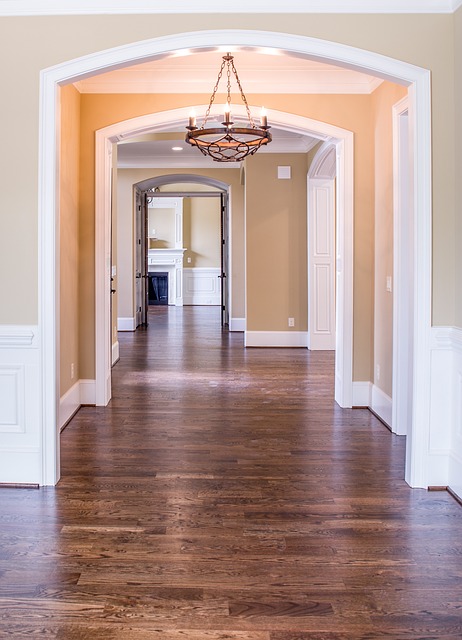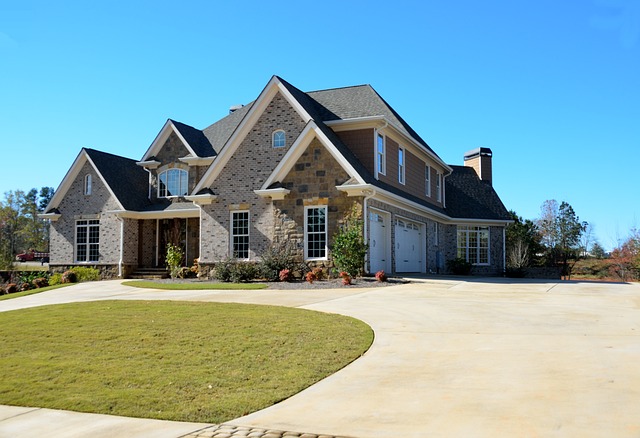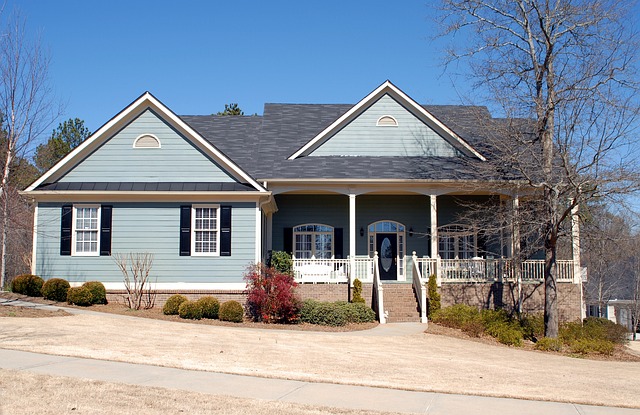The Absolute Return Scholarship (ABS(D)) in Singapore provides extensive financial support for undergraduate students at NUS and NTU. ABS(D) scholars, especially those who may already own property and are considering a second home purchase in Singapore, must be aware of the Additional Buyer's Stamp Duty (ABSD), which is a significant tax levied by the Inland Revenue Authority of Singapore (IRAS). This duty applies at a rate of 12% for Singapore Citizens and Permanent Residents on their second residential property, and 30% for foreigners. The ABSD aims to curb speculative buying and ensure a stable housing market by discouraging excessive property accumulation. As of 2023, SCs and PRs purchasing their second property are subject to this duty, which is designed to promote market accessibility and affordability, particularly for first-time homebuyers. Given the importance of staying informed due to the dynamic nature of real estate policies in Singapore, individuals should regularly consult IRAS guidelines or seek professional advice to navigate the latest ABSD rates and understand their impact on financial planning and investment decisions related to purchasing a second property.
In Singapore, the property market is a dynamic landscape, where regulations play a pivotal role in shaping investment trends and home ownership. The Additional Buyer’s Stamp Duty (ABSD) is a key regulatory measure designed to curb speculative buying and ensure a stable property market. With the introduction of ABS(D) 14, second property buyers in Singapore face new parameters that significantly affect their purchasing decisions and financial planning. This article delves into the intricacies of these regulations, offering clarity on how they operate, their implications for individual homeowners and investors, and the strategies to navigate these rules effectively. We will explore the criteria for acquiring a second property under ABS(D) 14, the cooling-off period, loan-to-value (LTV) limits, and the use of Central Provident Fund (CPF) savings, as well as the enforcement and penalties for non-compliance. Whether you’re looking to expand your property portfolio or considering a second home in Singapore, understanding these regulations is essential.
- Overview of ABS(D) 14 and its Implications for Second Properties in Singapore
- 1. Introduction to Additional Buyer's Stamp Duty (ABS(D)) Regime
Overview of ABS(D) 14 and its Implications for Second Properties in Singapore
The Absolute Return Scholarship (ABS(D)) in Singapore is a distinctive financial aid program designed to support individuals pursuing undergraduate degrees at the National University of Singapore (NUS) or Nanyang Technological University (NTU). With a focus on attracting top-tier talent, ABS(D) provides full tuition coverage, a monthly stipend, and a one-time books allowance, making it one of the most generous scholarships available. For those who already own a residential property in Singapore and are considering acquiring a second property, understanding the regulations under ABS(D) 14 is crucial.
ABSD 14 refers to the Additional Buyer’s Stamp Duty rate imposed by the Inland Revenue Authority of Singapore (IRAS) on individuals who are purchasing their second residential property. As per current regulations, such individuals are subject to a higher duty rate compared to first-time property buyers. This policy is aimed at preventing speculative behavior in the property market and encouraging responsible property ownership. For Singaporeans buying a second property, the ABSD rate is set at 12%, whereas permanent residents and foreigners face even steeper rates of 15% and 30% respectively. The implications for those receiving the ABS(D) scholarship are significant, as it affects their ability to invest in additional properties within Singapore. Prospective scholars and property owners must carefully consider these regulations when planning their financial commitments and future real estate investments.
1. Introduction to Additional Buyer's Stamp Duty (ABS(D)) Regime
In Singapore, the Additional Buyer’s Stamp Duty (ABSD) regime is a significant tax levied on individuals purchasing residential properties here. For those acquiring a second property, the ABS(D) regulations are particularly pertinent. Introduced by the Inland Revenue Authority of Singapore (IRAS), these regulations aim to curb speculative buying and ensure a stable and healthy real estate market. The ABS(D) is applicable to bothSingapore Citizens (SCs) and Permanent Residents (PRs) who are buying a second residential property. The duty amount escalates progressively with each additional property purchase, reflecting the government’s stance on responsible property ownership. For instance, as of the knowledge cutoff in 2023, an SC or PR purchasing their second residential property is subject to a 12% ABS(D), which serves as a substantial disincentive for excessive property accumulation and promotes a more equitable distribution of housing across the populace.
The ABS(D) regime is intricately designed to align with Singapore’s broader economic and housing policies, ensuring that the property market remains accessible and affordable, particularly for first-time homebuyers. The regulations are subject to change, reflecting the dynamic nature of the real estate landscape and the government’s response to market conditions. Prospective buyers interested in navigating the ABS(D) for their second property should consult the latest guidelines provided by IRAS or seek professional advice to stay abreast of any updates or changes in regulations. Understanding the intricacies of the ABS(D) regime is crucial for anyone considering an additional residential property in Singapore, as it will significantly impact the associated costs and the feasibility of the investment.
In concluding, it is evident that the Additional Buyer’s Stamp Duty (ABSD) framework for Singapore significantly impacts second property acquisitions. The ABS(D) 14 regulations are designed to curb speculative buying and ensure a stable property market. Prospective buyers must be well-versed with these taxes to make informed decisions when investing in or purchasing a second property in Singapore. As regulations may evolve, it is advisable for individuals to stay updated on the latest ABS(D) guidelines to navigate the property landscape effectively in line with Absd Singapore 2nd Property considerations.



